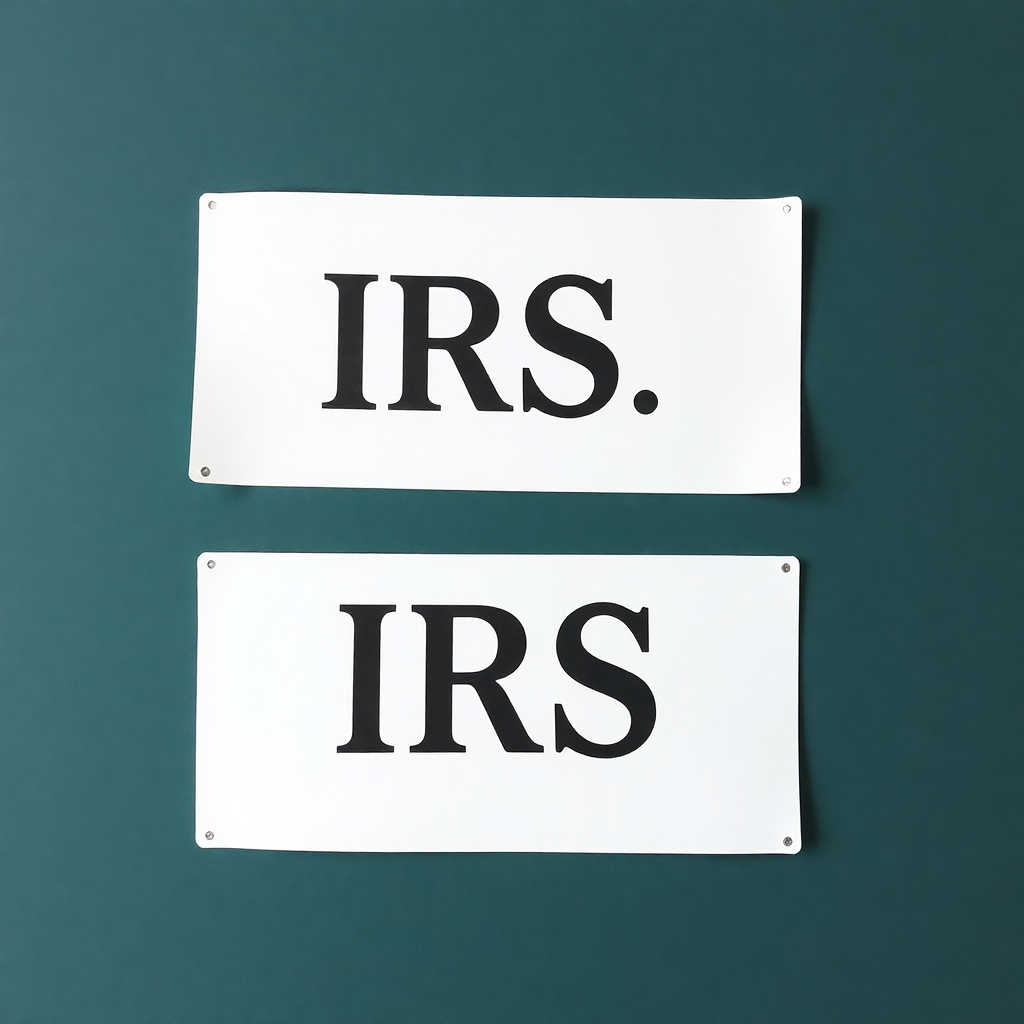Are Christmas bonuses taxable?
The Internal Revenue Service (IRS) treats bonuses as "supplemental wages," meaning they are subject to federal income tax just like your regular earnings. This tax treatment applies regardless of the bonus amount.
As the holiday season approaches, many employees look forward to receiving a Christmas bonus from their employers. This extra financial reward is often seen as a gesture of appreciation for hard work throughout the year. However, one question that often arises is whether these bonuses are taxable. Understanding the tax implications of Christmas bonuses is essential for managing your finances effectively during the holiday season.
What is a Christmas Bonus?
A Christmas bonus is typically a financial incentive or gift that employers provide to employees at the end of the year. This bonus can take various forms, including cash payments, gift cards, or even non-monetary gifts like vacation packages or electronics. Regardless of its form, the underlying purpose remains the same: to reward employees for their contributions and to show appreciation. While employees often view these bonuses as a delightful surprise, it's crucial to recognize that, from a tax perspective, they are treated like regular income.
Taxation of Christmas Bonuses
The short answer is yes—Christmas bonuses are considered taxable income. The Internal Revenue Service (IRS) treats bonuses as "supplemental wages," meaning they are subject to federal income tax just like your regular earnings. This tax treatment applies regardless of the bonus amount. Employers are required to withhold taxes on bonuses, which can include federal income tax, Social Security tax, and Medicare tax. The amount withheld can vary based on how the employer chooses to calculate it.

How Are Bonuses Calculated for Tax Withholding?
There are generally two methods employers can use for tax withholding on bonuses. The first is the percentage method, where a flat percentage rate is applied to the bonus amount for withholding purposes. For 2023, the IRS percentage rate for bonuses was set at 22%. This means that if you had received a $1,000 Christmas bonus, $220 was withheld for federal income tax, leaving you with $780.
The second method is the aggregate method, where the bonus is added to your most recent regular paycheck, and the entire amount is subjected to withholding based on your federal income tax rate. This method might result in a higher tax withholding if your total income pushes you into a higher tax bracket temporarily.
State and Local Taxes
In addition to federal taxes, Christmas bonuses may also be subject to state and local taxation, depending on where you live. Each state has its own tax regulations, and the rates can vary significantly. Some states have a flat tax rate for bonuses, while others may calculate tax based on your overall income. It’s essential to check your state’s tax guidelines to fully understand the implications of receiving a Christmas bonus.
Planning for Tax Implications
Given that Christmas bonuses are taxable, it’s wise to plan accordingly. Consider how this additional income may affect your tax liability for the year. If you anticipate being in a higher tax bracket due to the bonus, you might want to consult with a tax professional to strategize and maximize your deductions. Also, setting aside a portion of your bonus for tax purposes can help prevent surprises come tax season.
Conclusion
In conclusion, while Christmas bonuses are a wonderful way for employers to show appreciation, it’s important to remember that they are taxable. Understanding the implications of this can help you make informed financial decisions as you celebrate the holiday season. By being aware of how bonuses are taxed and planning accordingly, you can enjoy the benefits of your hard work while remaining compliant with tax obligations. So, as you look forward to that Christmas bonus, keep in mind that it comes with its own set of financial responsibilities.